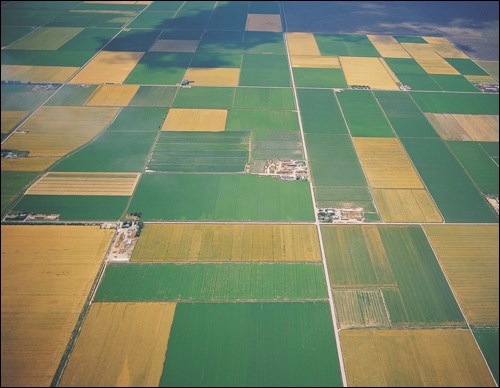From the province:
This week, the north east and east central regions saw the most rain, with the highest amount reported in the Spruce Home and Rhein areas with 32 mm. The Barthel area reported 21 mm, the Turtleford and Meadow Lake areas reported 14 mm and Melfort reported 10 mm. Most farmers need more rain, especially in the southern and west central regions of the province, where it is needed to sustain crop and pasture growth.
Crop development is normal for this time of year in most areas, with oilseed crops reported as behind other crops. Provincially, 62 per cent of fall cereals, 81 per cent of spring cereals, 70 per cent of oilseed crops and 81 per cent of pulse crops are at a normal stage of development for this time of year.
Many areas of the province also experienced strong dry winds this week, resulting in crop damage, rapidly drying soils and delayed herbicide application. Delayed herbicide applications have allowed weeds to establish which has resulted in many areas moving past the point of effectively controlling them.
The topsoil moisture across the province is declining due to very high temperatures and non-stop winds. There were small reports of rain in the province with very few areas receiving enough to alleviate the stress caused by extremely dry conditions. Producers reported that dry conditions and cool temperatures have greatly slowed hay and pasture growth, with some concerned about their ability to support cattle throughout the summer without more rain.
Provincially, moisture levels on crop and hay and pasture land have fallen, particularly in areas that received little to no rainfall this week. Cropland topsoil moisture is rated as two per cent surplus, 56 per cent adequate, 36 per cent short and six per cent very short. Hay and pasture land topsoil moisture is rated as zero per cent surplus, 45 per cent adequate, 42 per cent short and 13 per cent very short.
Moderately warm temperatures have also helped with crop development, and farmers are hopeful with the recent rains that this will continue. The lack of rainfall across the majority of the province has delayed hay land growth and will likely delay the timing of the first cut, as well as reduce the yield.
Dry topsoil moisture conditions have resulted in delayed emergence and development of later and smaller seeded crops. There have been reports of flea beetle damage in most regions, affecting canola development for some.
Farmers have been busy spraying when they can, scouting fields and performing other farm tasks. There have been isolated reports of frost, mainly in the central and northern regions; damage is not yet known, but the crop of most concern is canola. There have also been reports of damage from flea beetle, cutworms, gophers and root rot diseases.
A complete, printable version of the Crop Report is available online at https://www.saskatchewan.ca/crop-report.
Follow the 2021 Crop Report on Twitter at @SKAgriculture.




